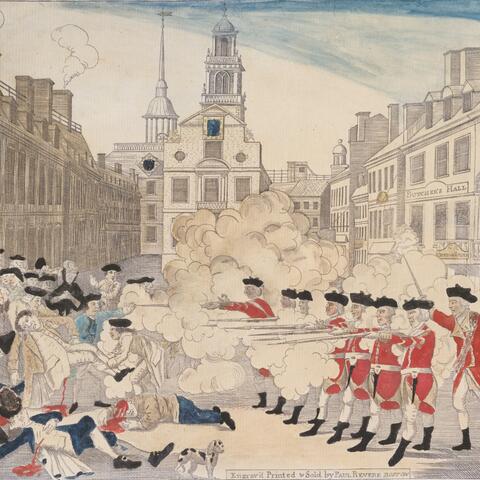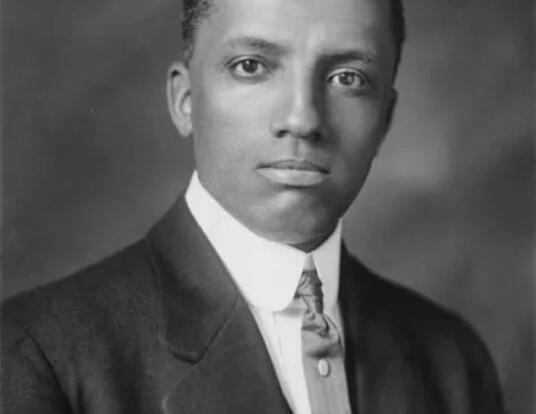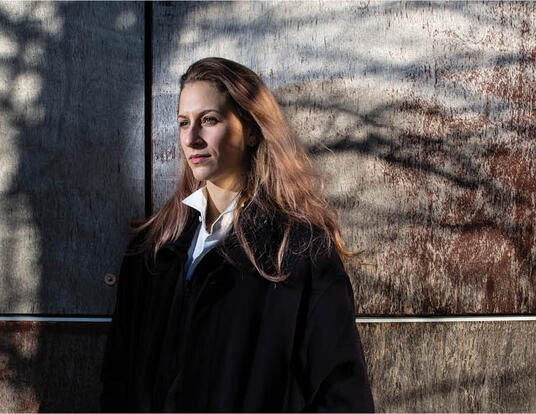Curbing Cancer’s Spread
Jessalyn Ubellacker, PhD ’18
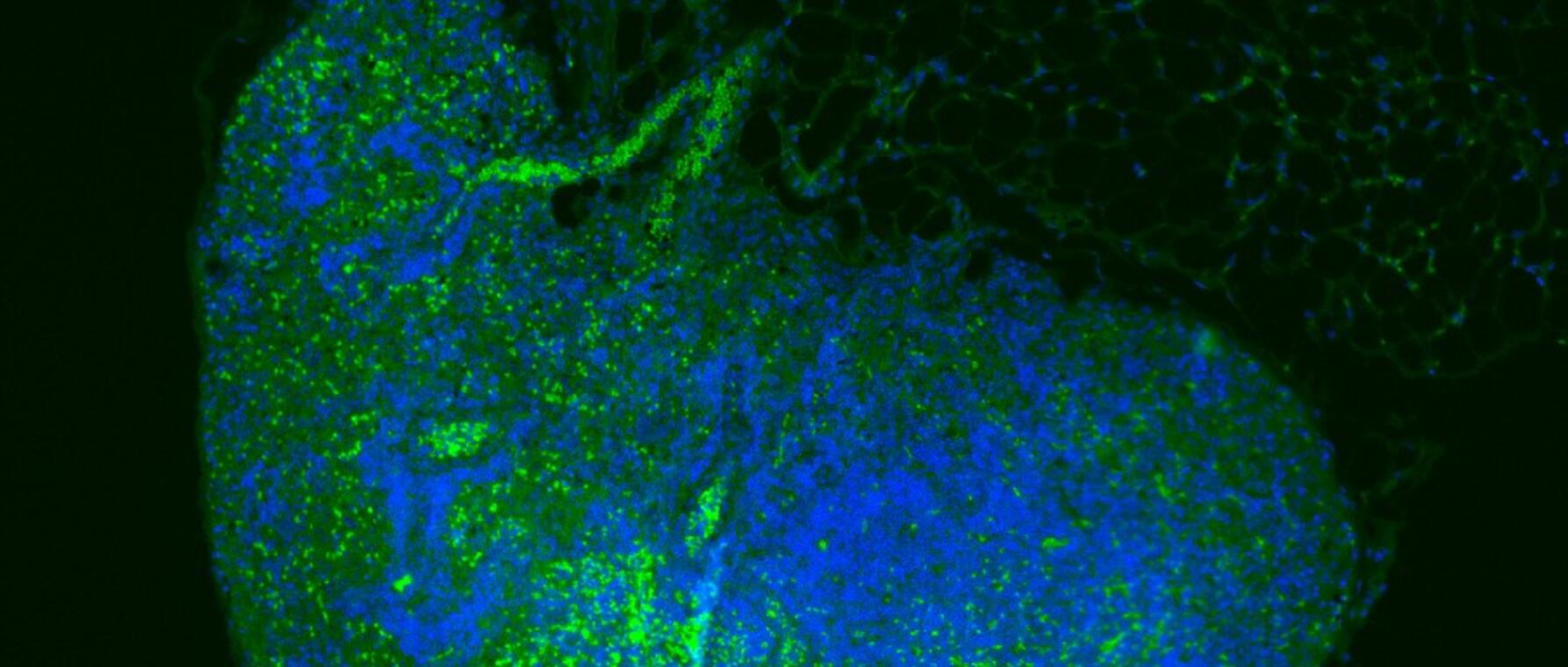
Jessalyn Ubellacker is an assistant professor of molecular metabolism at the Harvard T.H. Chan School of Public Health where she leads a laboratory that studies metabolism to target and treat cancer. Ubellacker discusses her work on the role of lymph nodes in cancer progression, science as a team effort, and how her Harvard Griffin GSAS mentors inspired and fueled her curiosity.
Node of Interest
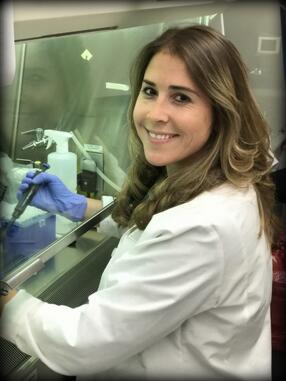
My lab is dedicated to understanding the progression of cancer. We focus on how cancer cells metastasize, with lymph nodes often as one site where cancer cells spread during early disease stages. The current goal of our research is to identify metabolic changes that take place in the lymph node and promote cancer cell survival and spread.
In the bloodstream, cancer cells undergo oxidative stress—a process in which molecules called free radicals can induce cancer cell damage and death. All cells experience some level of oxidative stress and have protective mechanisms to buffer against this, but if the oxidative stress exceeds a certain threshold, the cells cannot survive.
In the lymph nodes, we discovered that cancer cells undergo oxidative stress at much lower levels compared to when they are in the bloodstream. The fact that this environment is more hospitable to cancer cells may be why they survive so easily in the lymph nodes.
Lymph nodes also contain a variety of different lipids—a molecule that is one of the key building blocks of cell membranes. Our research has found that cancer cells undergo much less oxidative stress in the lymph nodes than they do in the bloodstream because there are higher levels of a lipid called oleic acid in the lymph, which protects the cancer cells from oxidative stress.
In the future, we hope to use this research to develop or repurpose existing drugs that block the survival of cancer cells in lymph nodes to render them a less hospitable environment.
A Team Effort
When I came to Harvard Griffin GSAS as a PhD student, it was a promising time—a new era of immunotherapy, with new tools and technologies. One of the most exciting things about science is the sense of a team effort among other investigators in the field working on different aspects of the same disease. This collaborative spirit is especially palpable in Boston where collaborations occur right next door or across the street.
In the future, we hope to use this research to develop or repurpose existing drugs that block the survival of cancer cells in lymph nodes to render them a less hospitable environment.
Each lab contributes unique approaches and expertise to the collective goal of halting cancer progression. Being connected to this extended scientific community not only drives our research forward but also helps maintain momentum—even when experiments yield unexpected results or do not advance as hoped. Such outcomes still enrich the broader scientific knowledge base.
Excitement, Energy, and Enthusiasm
I was thrilled to have the opportunity to get my PhD at Harvard Griffin GSAS. I completed my undergraduate degree and MPH at the University of Kentucky, in the state where I grew up. When I decided to be a scientist, I packed my bags, came to Boston, and started working as a research assistant. One memorable aspect of my PhD experience was the vibrant excitement, energy, and enthusiasm for science on the Harvard Longwood campus.
As a PhD student, my mentors emphasized that I was training at the cutting edge of science. They continually pushed and challenged me, inspiring me to persevere and remain open-minded. In an era of rapidly evolving scientific paradigms, my time at Harvard Griffin GSAS taught me to nurture my curiosity and critically evaluate everything. Returning to the University as a faculty member and now collaborating with the professors who encouraged me has been an incredibly rewarding experience; I hope to instill this same sense of inspiration and curiosity for science in my students.
Get the Latest Updates
Join Our Newsletter
Subscribe to Colloquy Podcast
Simplecast


